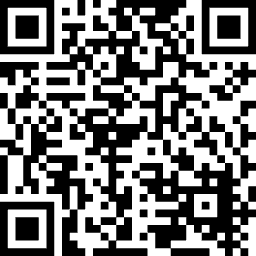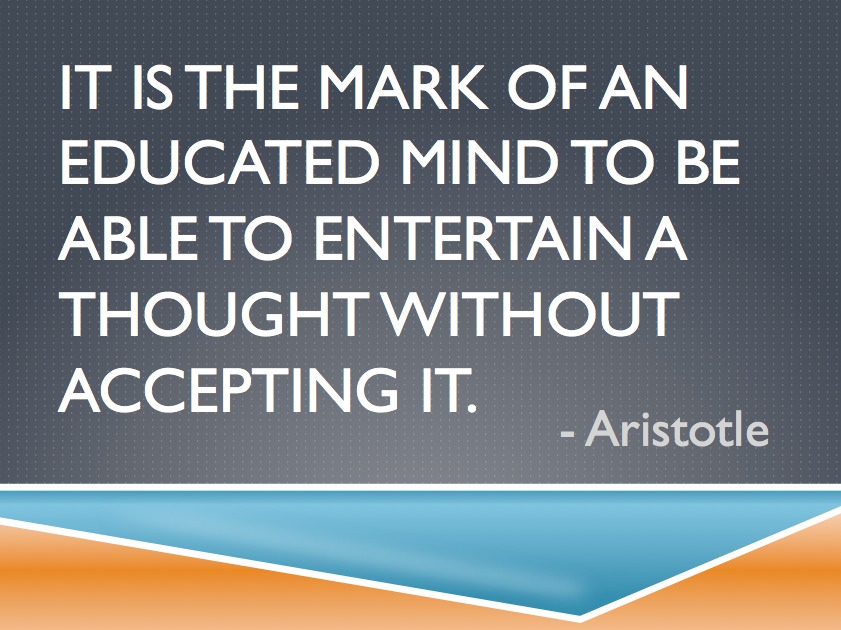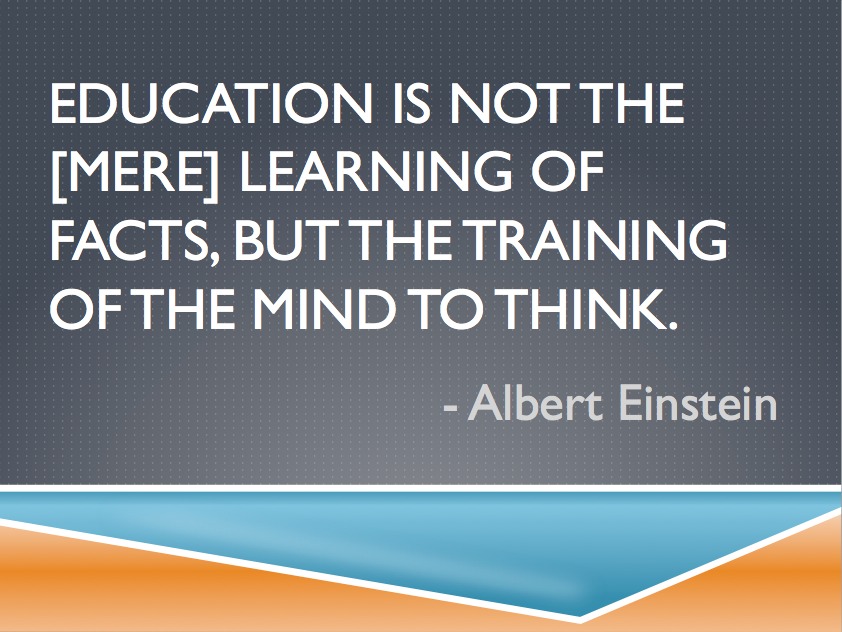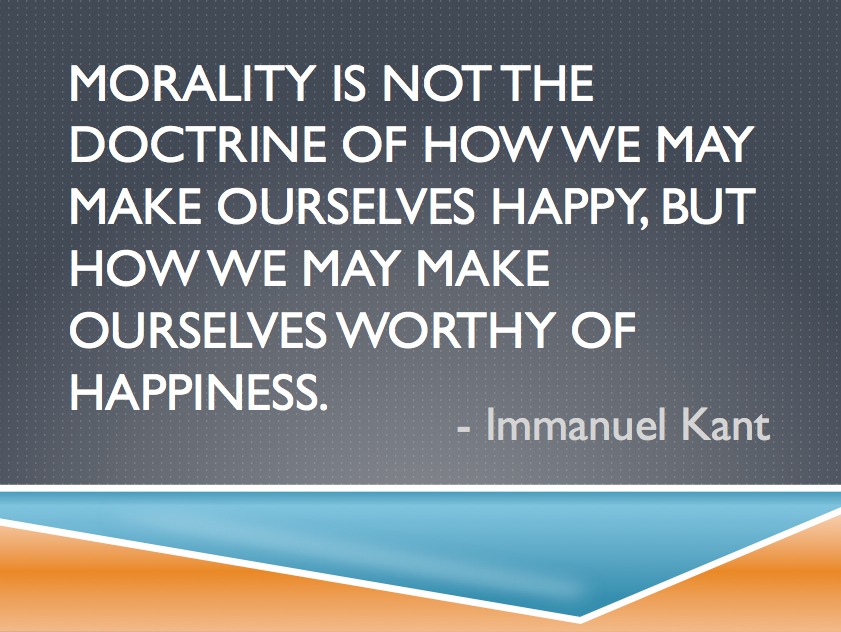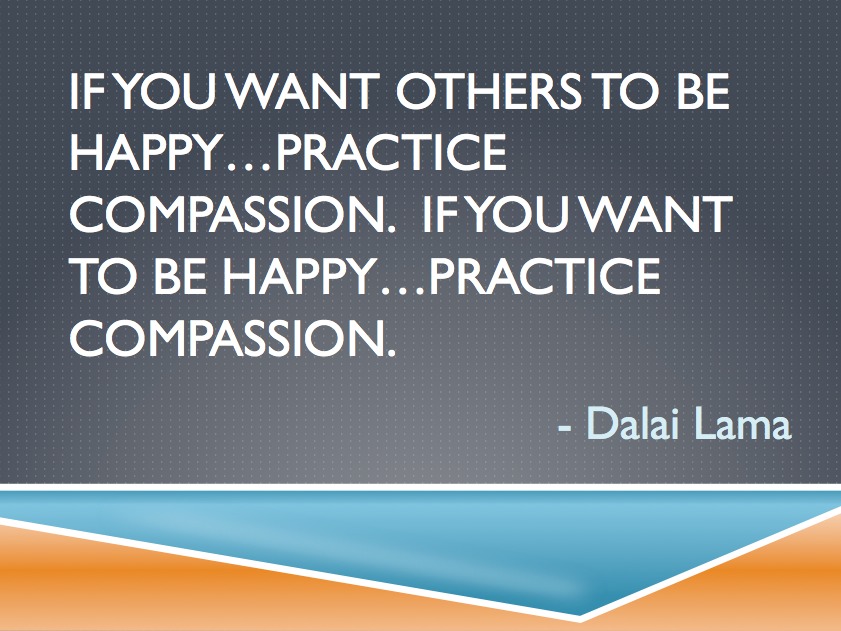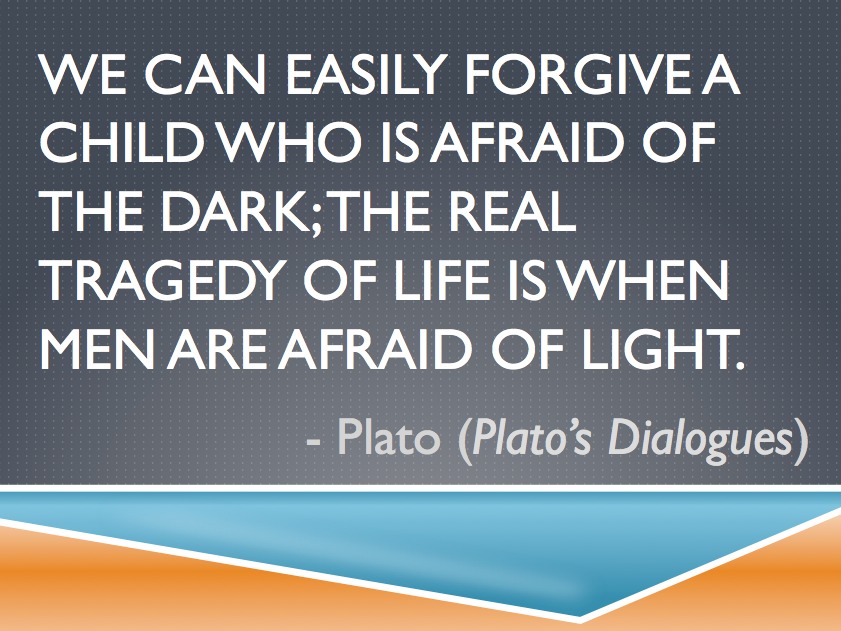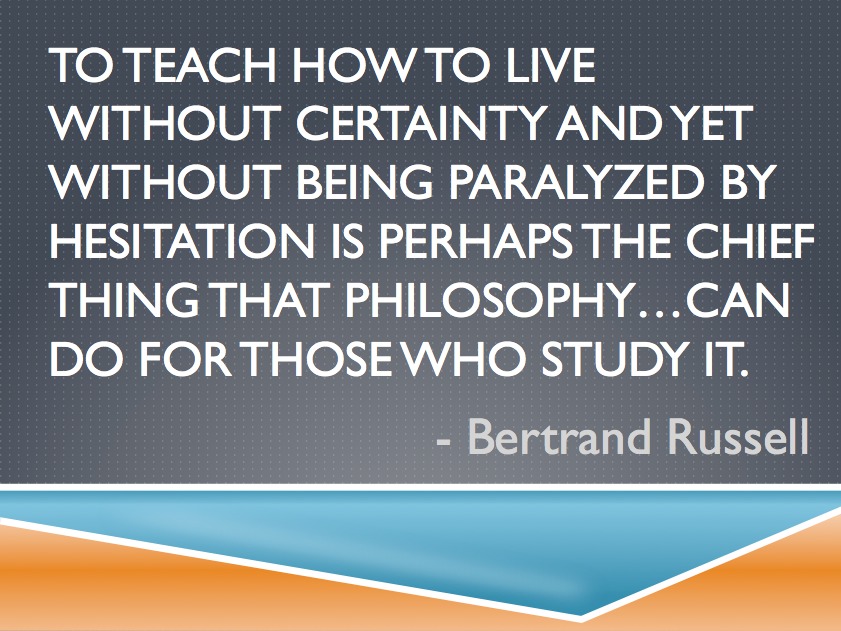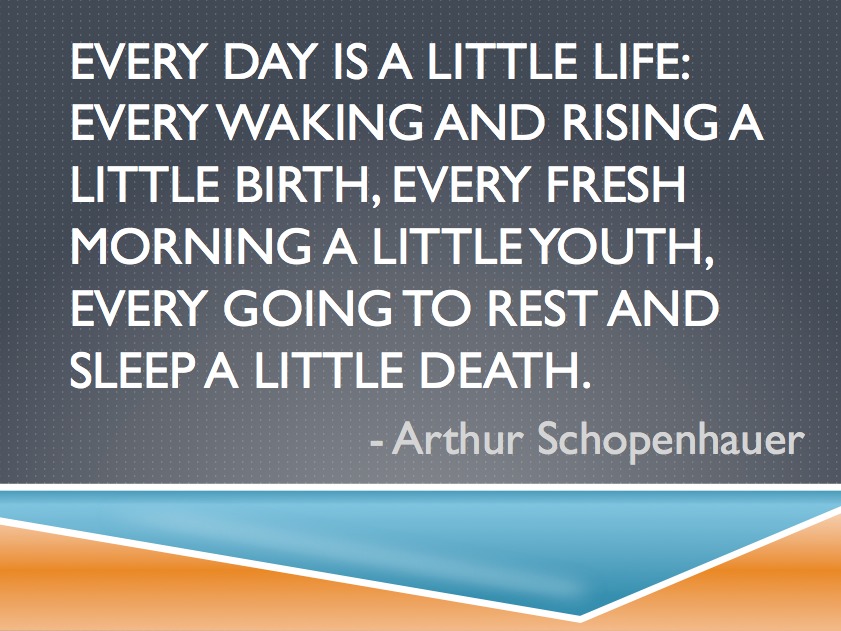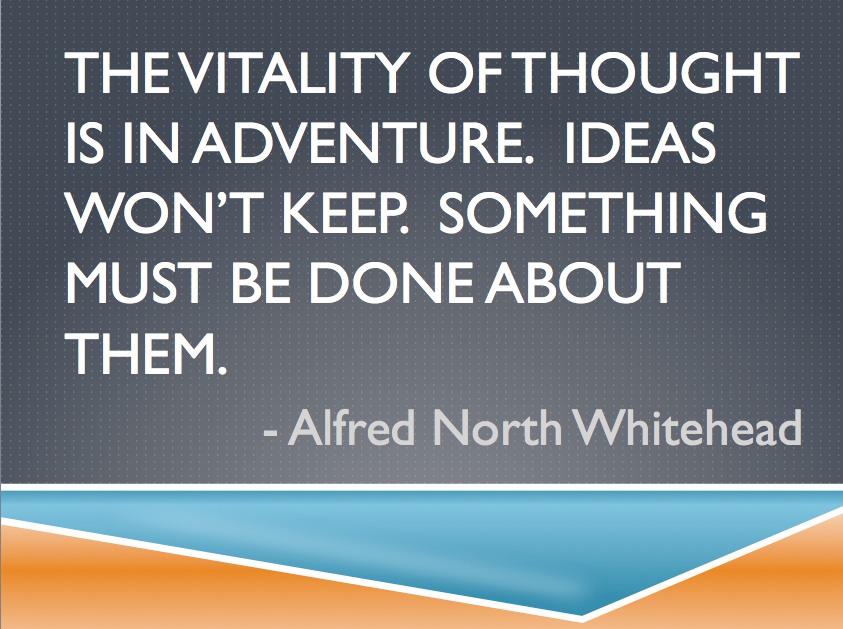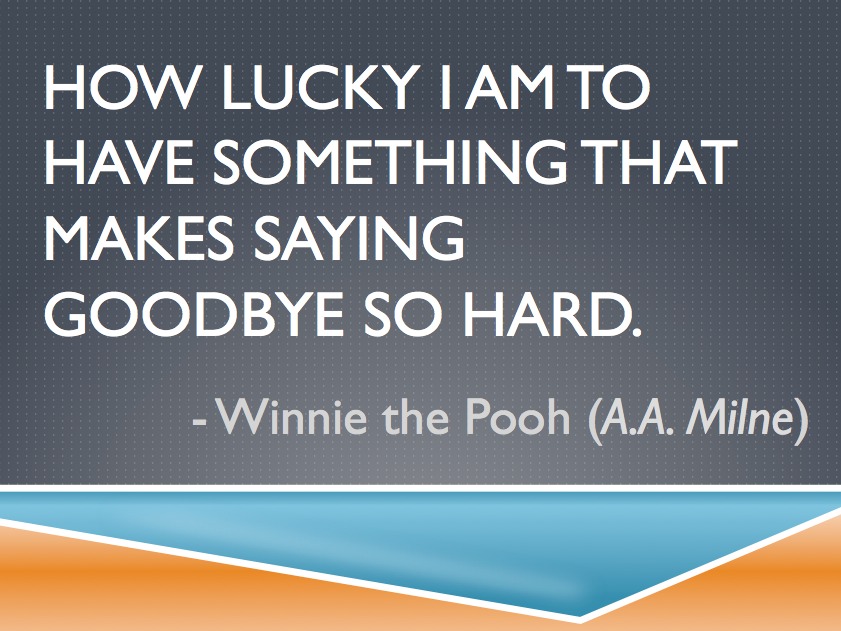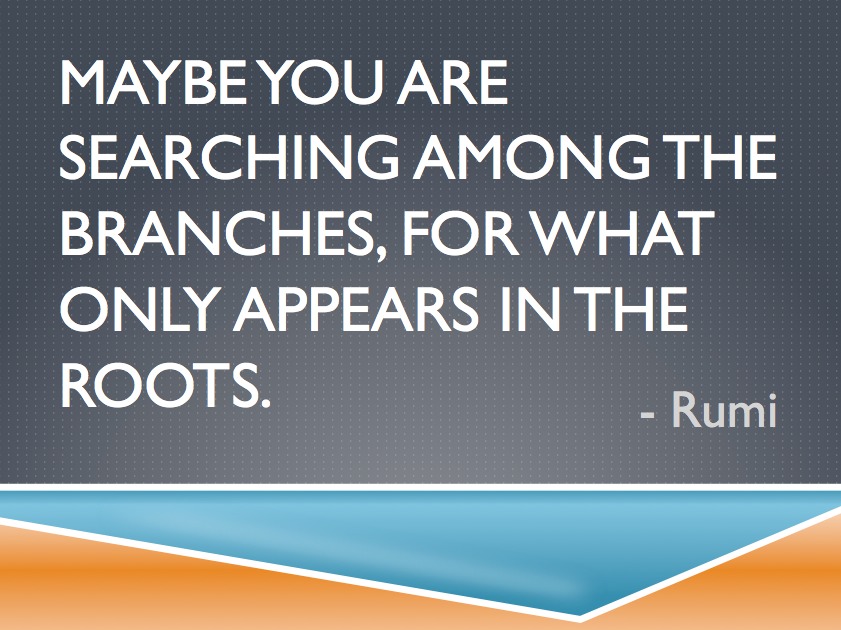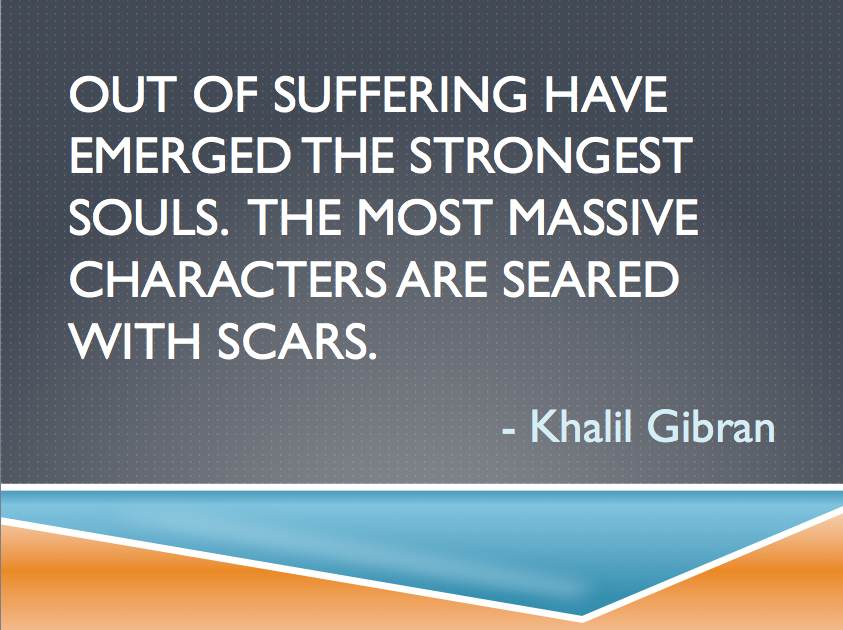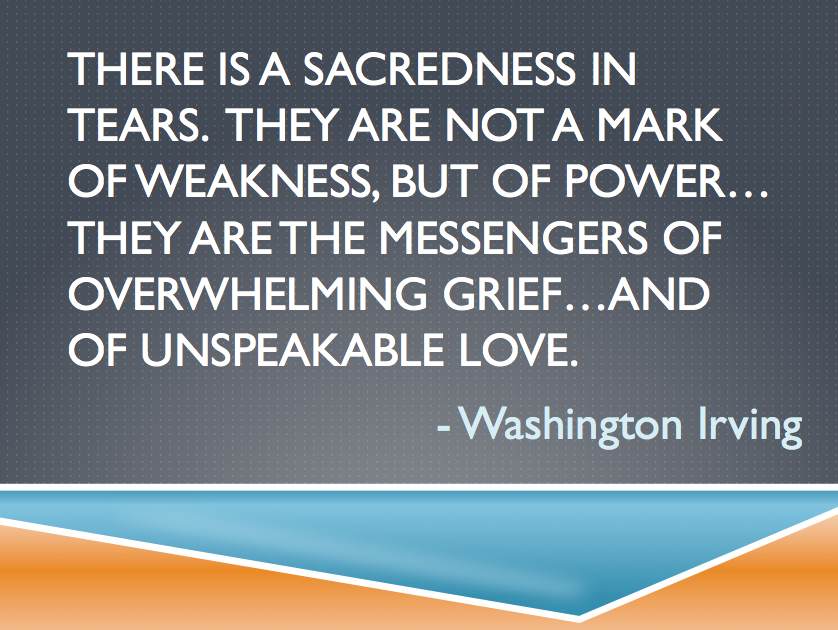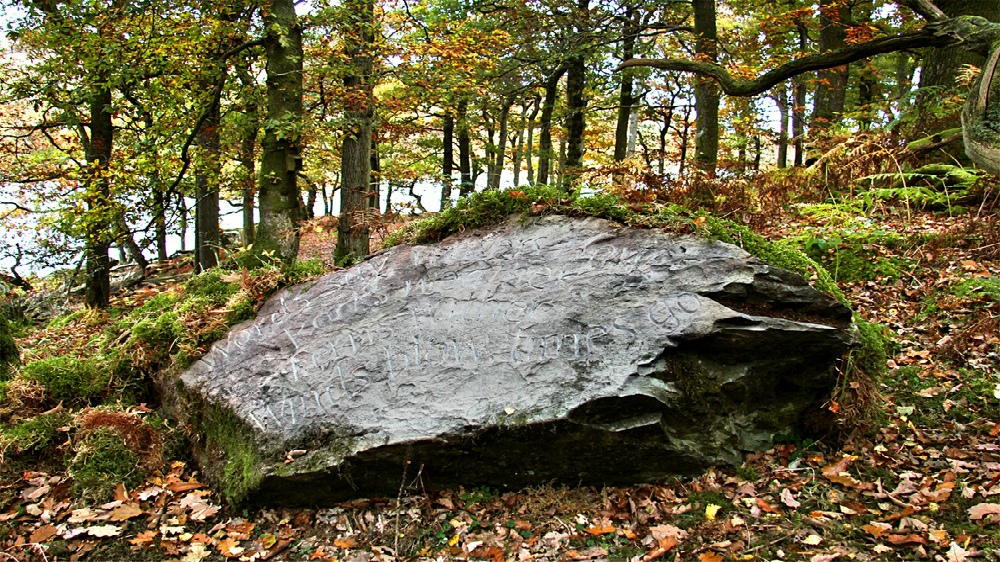 Our September Think & Drink was a lively one! Consisting of philosophy students and alum from from U of M, UMT, and community members, our group started about by a number of questions: (a) Does educating young people in poetry/to think poetically provide benefits, or does it lead to problems with ideas about truth? (b) What is a symbol? Who gives it meaning? Should it mean only one thing? (c) What are holidays? What does it do for us to break up the year/time with them? (d) Should we be interested in uncovering the secrets of the universe, even if they are irrelevant to us?
Our September Think & Drink was a lively one! Consisting of philosophy students and alum from from U of M, UMT, and community members, our group started about by a number of questions: (a) Does educating young people in poetry/to think poetically provide benefits, or does it lead to problems with ideas about truth? (b) What is a symbol? Who gives it meaning? Should it mean only one thing? (c) What are holidays? What does it do for us to break up the year/time with them? (d) Should we be interested in uncovering the secrets of the universe, even if they are irrelevant to us?
The Question We Chose
-
What are holidays? What does it do for us to break up the year/time with them?
Some of the Things We Explored in the Process…
-
Perhaps we don’t see the sacredness anymore (every day is some holiday or other, so they all lose their meaning).
-
Maybe we have lost touch with the environmental significance of special days (such as solstices and equinoxes, harvest moon, and so on).
-
We spoke a bit about the Maori calendar, which distinguishes every single day of the year as having a specific purpose. For example, there is a day to make line for fishing rods, a day to begin planting yams, etc.
-
Consumerism leads to an overabundance of holidays (Prime Day). (Someone said “Growth for the sake of growth is the ideology of the cancer cell,” regarding consumerism and capitalism). The difference between 365 Maori days organizing the year and 365 consumerist holidays recognizing almost nothing in the world around us seems significant.
-
Maybe holidays satisfy existential crises. As Albert Borgmann has said, “to live a good life, you need to celebrate life and your existence.”
-
Holidays in our society focus on community in the most atomistic sense and don’t bring together real communities/neighborhoods.
And Then…
From our discussion of holidays, we moved organically into a conversation about spirituality, religion, and whether they have served a functional purpose throughout human history.
-
Did spiritual and religious practices develop because of practical knowledge about things? – For example, did the Hebrews refusing to eat pork, and washing their hands before meals, have to do with a knowledge of hygiene rather than spiritual beliefs, even though they were attached?
-
What if it is some combination of spiritual and practical? What if people “unconsciously” observed certain things regarding hygiene and functionality, and yet they were only made conscious through spiritual epiphany?
-
On that note: what if spiritual epiphanies represent a deeper/unconscious knowing that doesn’t necessarily have to do with the supernatural.
-
We had trouble defining what we meant by spiritual: does it always have to do with something outside the world, or a kind of presence or mindset towards the world?
-
Was there a point when the ancients were thinking about survival rather than the gods?
-
Animism seems to be a way of relating to the world concerned equally with nature and its laws (survival) and also the gods/a sense of spirituality that is not necessarily “supernatural”?
-
We brought up the community aspects of spirituality but didn’t do much to address them.
And Then (Some More)…
After this, we moved into a discussion about the effects/purpose of poetic education, and the best way to think about symbols – covering two more of our original 4 posed questions.
-
Does it lead to tinfoil hats or does it open up a different way of seeing/appreciating/knowing the world? In other words, does learning about things like “poetic truth” just lead people down a road where they no longer know how to distinguish what is true from what isn’t?
-
We used the example of a big block of obsidian. If we thought about it “poetically,” will we all agree on what obsidian means? It means different things to different people; what could it mean universally?
-
Poetics would get us further and further away from a consensus. But doesn’t the obsidian have something to say about it? It’s sharp, raises heart rate, anxiety, etc.
-
Through reason and attention we may more likely come to a consensus.
-
Maybe we should teach the measurements/scientific first, and then the poetic later? After all, you need to know the rules to break them. But wouldn’t this just lead to a hierarchy of kinds of truth (the measurable truth is “more true” etc)?
-
Why is our education about symbols so boring in school (high school English classes, for example)?
-
How many different things can you associate with a glass cup? Are there a limited number of meaningful poetic associations, or can you ultimately associate an infinite amount of things with anything else?
-
Do two different truths always have to be in conflict? North American tribes would often meet and tell one another different creation stories; the other tribe would then accept their story and tell their own.
Thank you to the Philosophy Learning & Teaching Organization (PLATO) and Montana Internet for supporting philosophy in the community and helping us bring activities like these to the Helena community! Thank you also to Barry & Louise Ferst for hosting our Think & Drink in your garden this month and for providing us with such tasty snacks!






